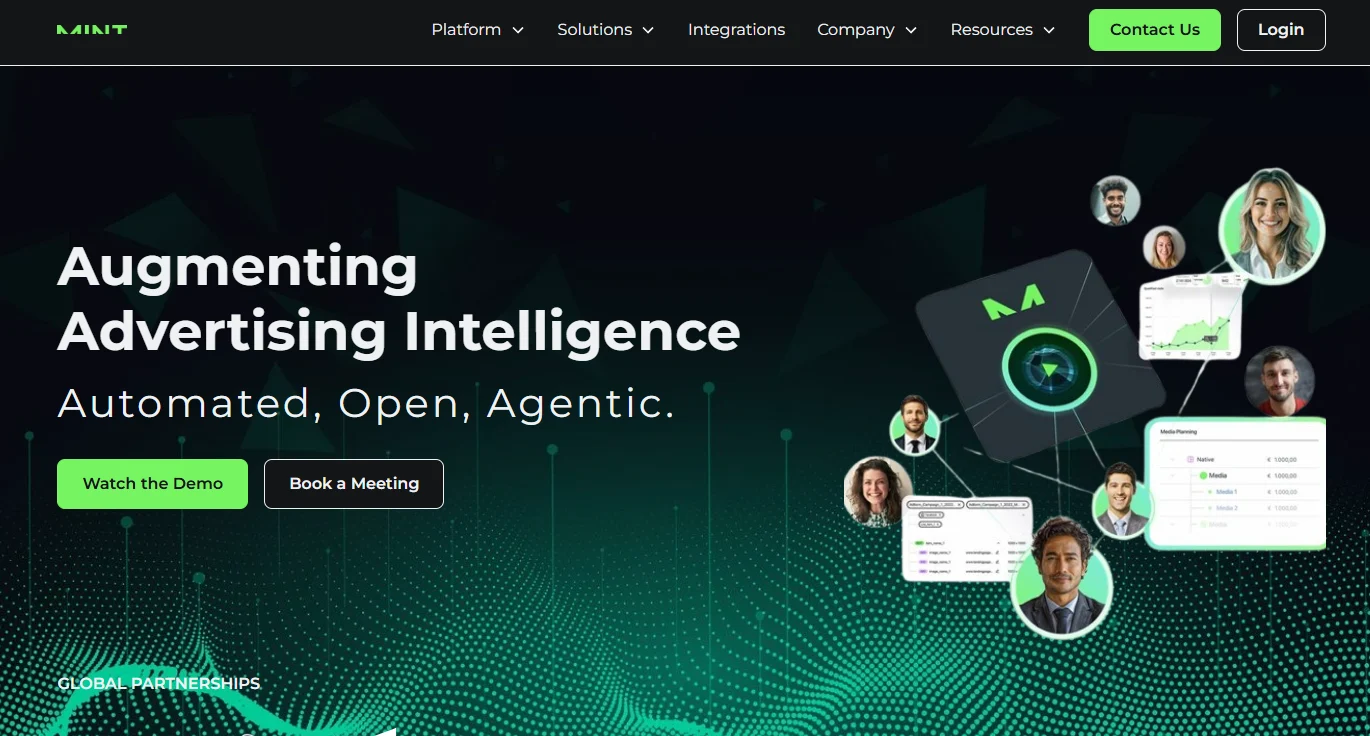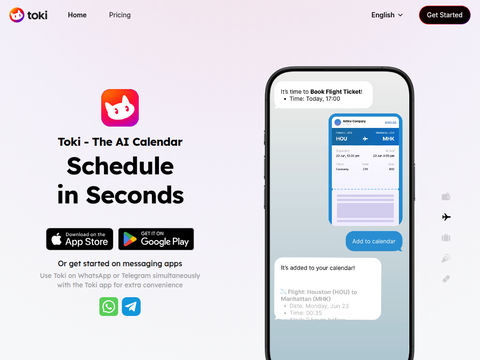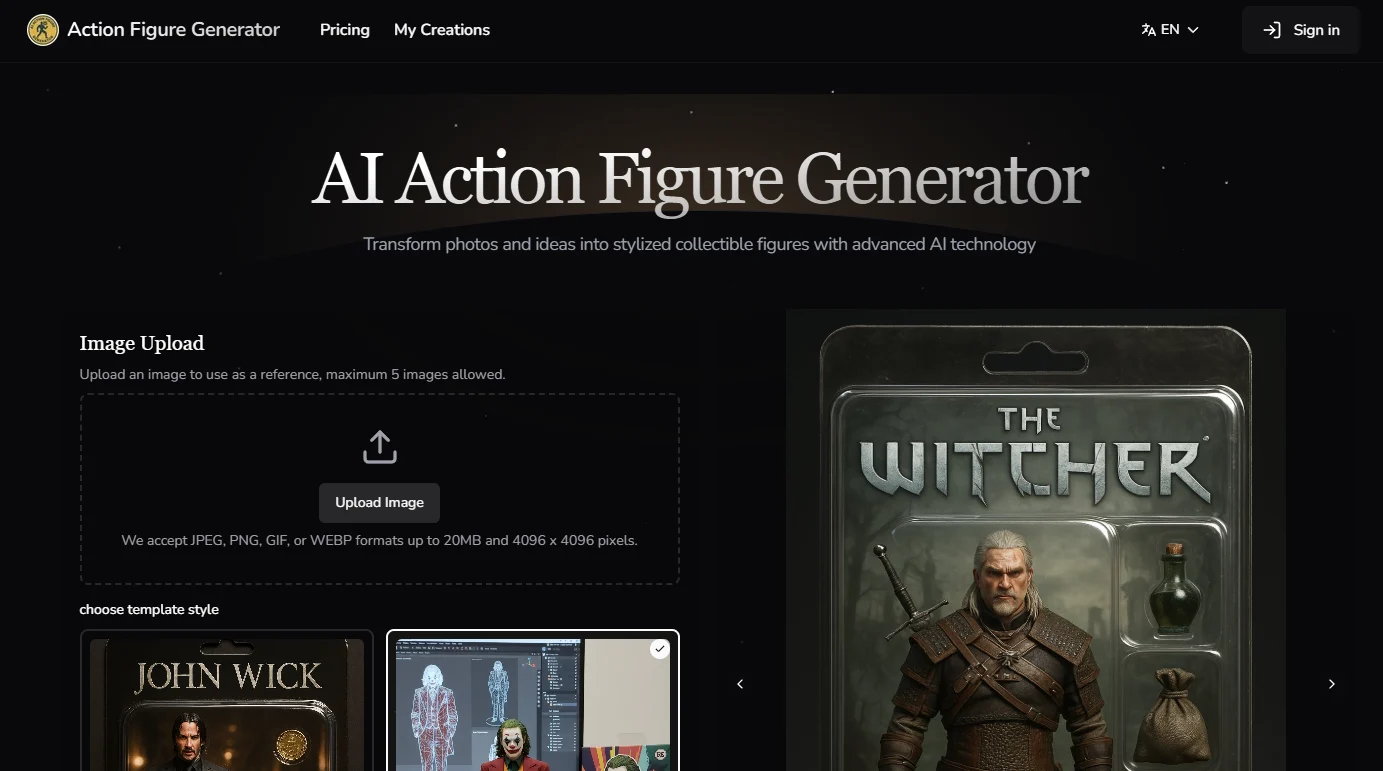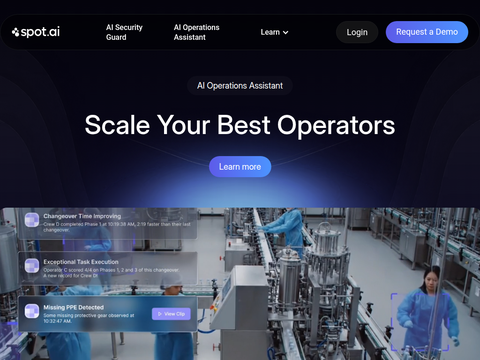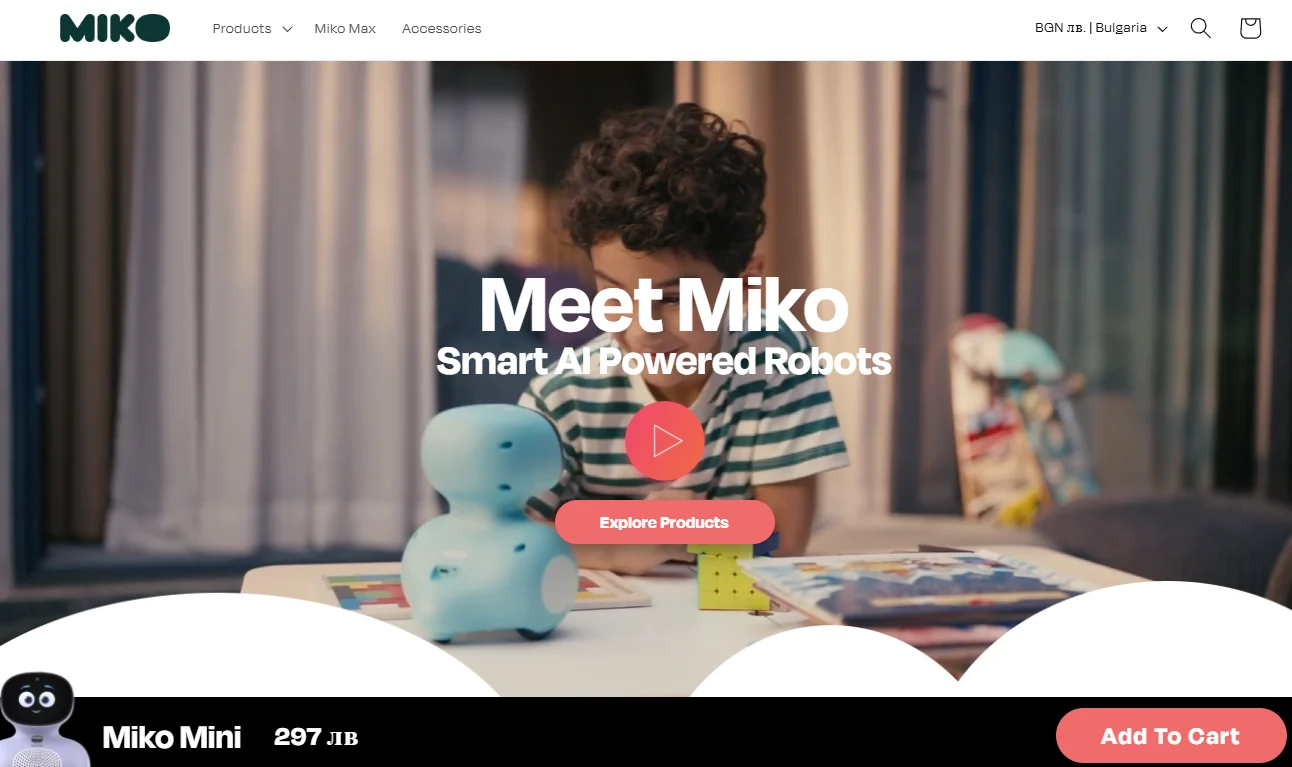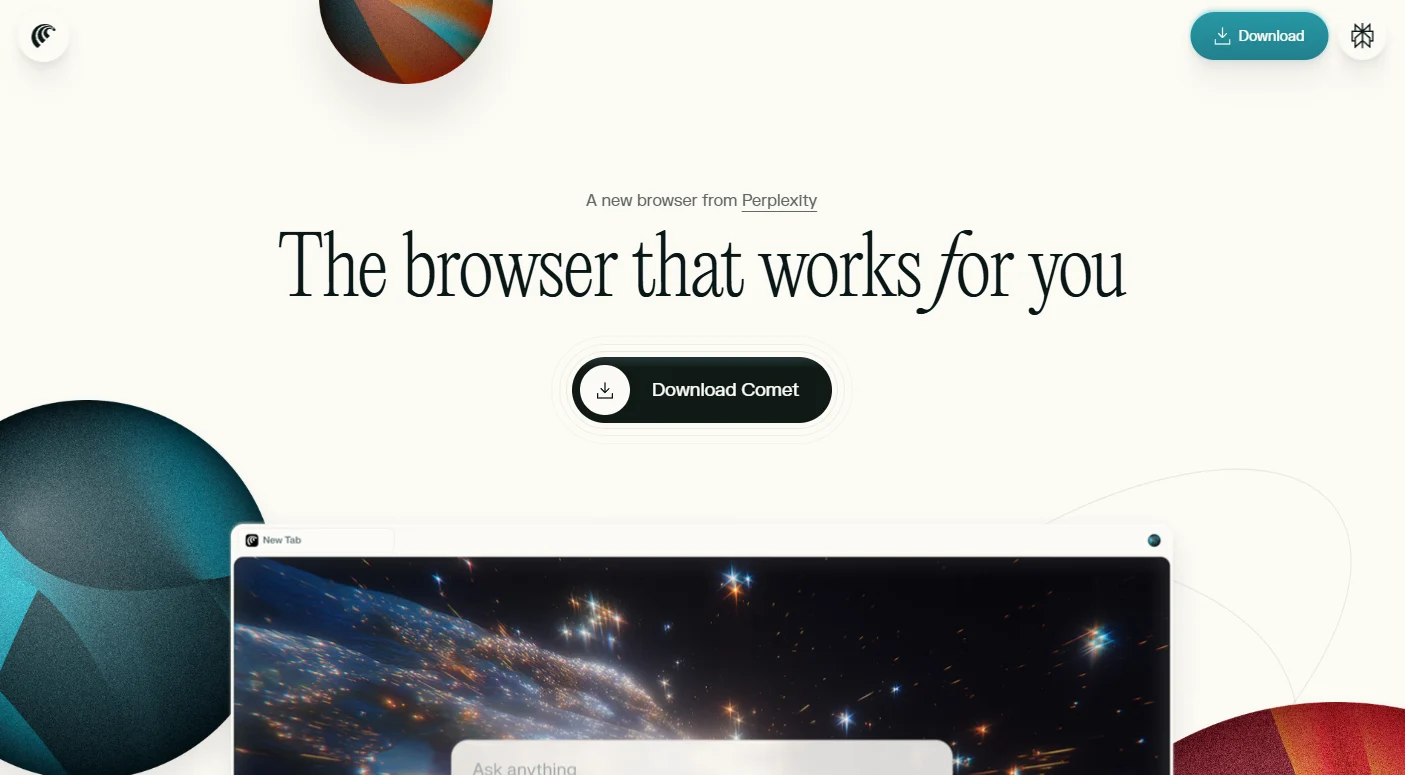Recently, large language models (LLMs) with extended context windows have garnered significant attention. These models can handle data comprising tens of thousands or even millions of tokens, offering new opportunities for developers. However, the question remains: How adept are these models at understanding and leveraging vast amounts of information?
Google DeepMind researchers have launched the Michelangelo benchmark to evaluate the reasoning abilities of large language models within lengthy contexts. Their findings indicate that while current leading models have made strides in retrieving information from extensive contexts, they still face challenges in tasks that require reasoning about data structures.
As language models supporting ultra-long context windows continue to emerge, researchers have developed new benchmarks to assess these models' capabilities. Previously, the focus was primarily on retrieval tasks, such as "needle-in-a-haystack" tests, which require models to locate specific information snippets within vast amounts of text. Although models have significantly improved in these types of tasks, this capability does not equate to a comprehensive understanding and reasoning over the entire context.
To address this, the DeepMind team introduced Michelangelo, a minimalistic, synthetic, and undisclosed testing method designed to evaluate large language models' reasoning capabilities within long contexts. The benchmark comprises three core tasks: implicit lists, multi-round coreference resolution (MRCR), and "I don't know" (IDK). These tasks are based on a new framework called Latent Structure Queries (LSQ), which delves deeper into assessing language models' contextual understanding abilities rather than mere information retrieval.
Using Michelangelo, ten state-of-the-art language models were evaluated, including different versions of Gemini, GPT-4, and Claude. While certain models excelled in specific tasks—such as Gemini in MRCR, the GPT series in implicit lists, and Claude 3.5 Sonnet in IDK—all models showed performance declines when faced with complex reasoning tasks. This suggests that even with extended context windows, existing language models still need to enhance their reasoning capabilities when processing large volumes of information.
Overall, Michelangelo highlights the current limitations of language models in long-distance reasoning and outlines future research directions, particularly in enterprise applications where models cannot rely on pre-trained knowledge and must perform multi-step reasoning within extremely long contexts. In such scenarios, model performance may decrease as context length increases. Researchers plan to continue expanding the Michelangelo test suite, enabling other researchers to use it to evaluate their own models.

